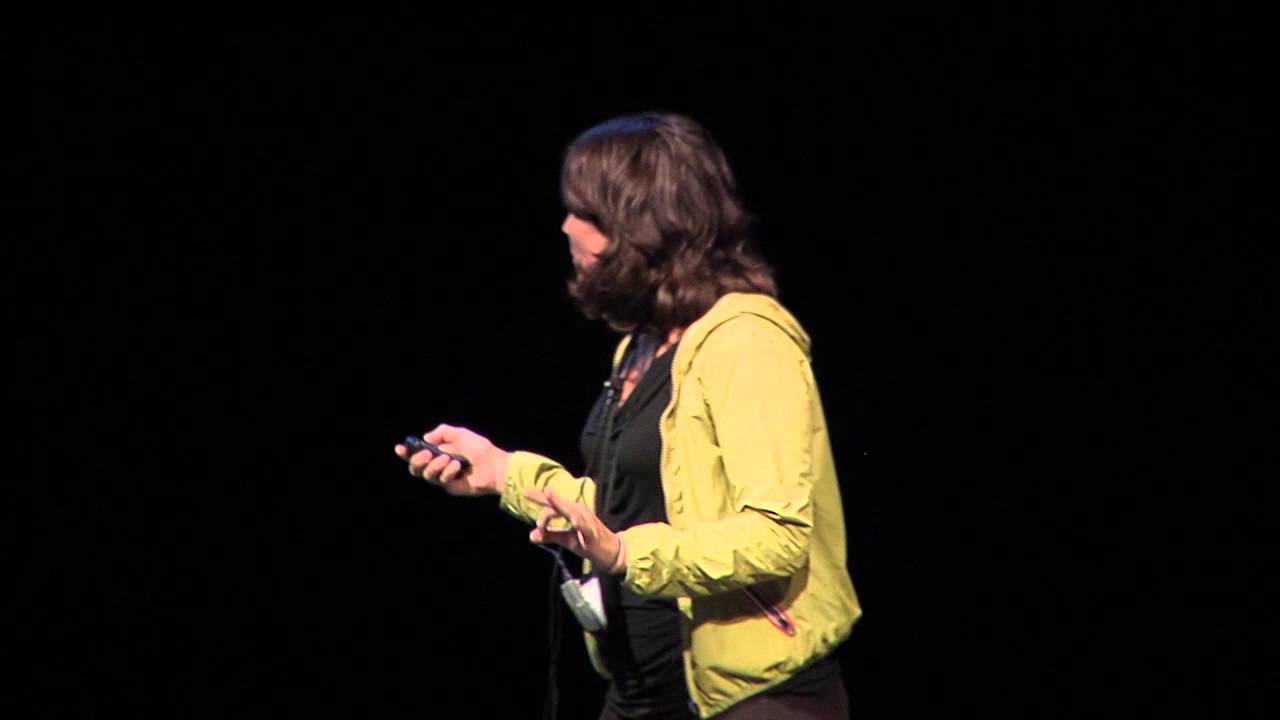Welcome to the resource topic for 2013/377
Title:
An Algebraic Framework for Diffie-Hellman Assumptions
Authors: Alex Escala, Gottfried Herold, Eike Kiltz, Carla Ràfols, Jorge Villar
Abstract:We put forward a new algebraic framework to generalize and analyze Diffie-Hellman like Decisional Assumptions which allows us to argue about security and applications by considering only algebraic properties. Our D_{\ell,k}-MDDH assumption states that it is hard to decide whether a vector in G^\ell is linearly dependent of the columns of some matrix in G^{\ell\times k} sampled according to distribution D_{\ell,k}. It covers known assumptions such as DDH, 2-Lin (linear assumption), and k-Lin (the k-linear assumption). Using our algebraic viewpoint, we can relate the generic hardness of our assumptions in m-linear groups to the irreducibility of certain polynomials which describe the output of D_{\ell,k}. We use the hardness results to find new distributions for which the D_{\ell,k}-MDDH-Assumption holds generically in m-linear groups. In particular, our new assumptions 2-SCasc and 2-ILin are generically hard in bilinear groups and, compared to 2-Lin, have shorter description size, which is a relevant parameter for efficiency in many applications. These results support using our new assumptions as natural replacements for the 2-Lin Assumption which was already used in a large number of applications. To illustrate the conceptual advantages of our algebraic framework, we construct several fundamental primitives based on any MDDH-Assumption. In particular, we can give many instantiations of a primitive in a compact way, including public-key encryption, hash-proof systems, pseudo-random functions, and Groth-Sahai NIZK and NIWI proofs. As an independent contribution we give more efficient NIZK and NIWI proofs for membership in a subgroup of G^\ell, for validity of ciphertexts and for equality of plaintexts. The results imply very significant efficiency improvements for a large number of schemes, most notably Naor-Yung type of constructions.
ePrint: https://eprint.iacr.org/2013/377
Talk: https://www.youtube.com/watch?v=JwIrL2DiPUY
See all topics related to this paper.
Feel free to post resources that are related to this paper below.
Example resources include: implementations, explanation materials, talks, slides, links to previous discussions on other websites.
For more information, see the rules for Resource Topics .
